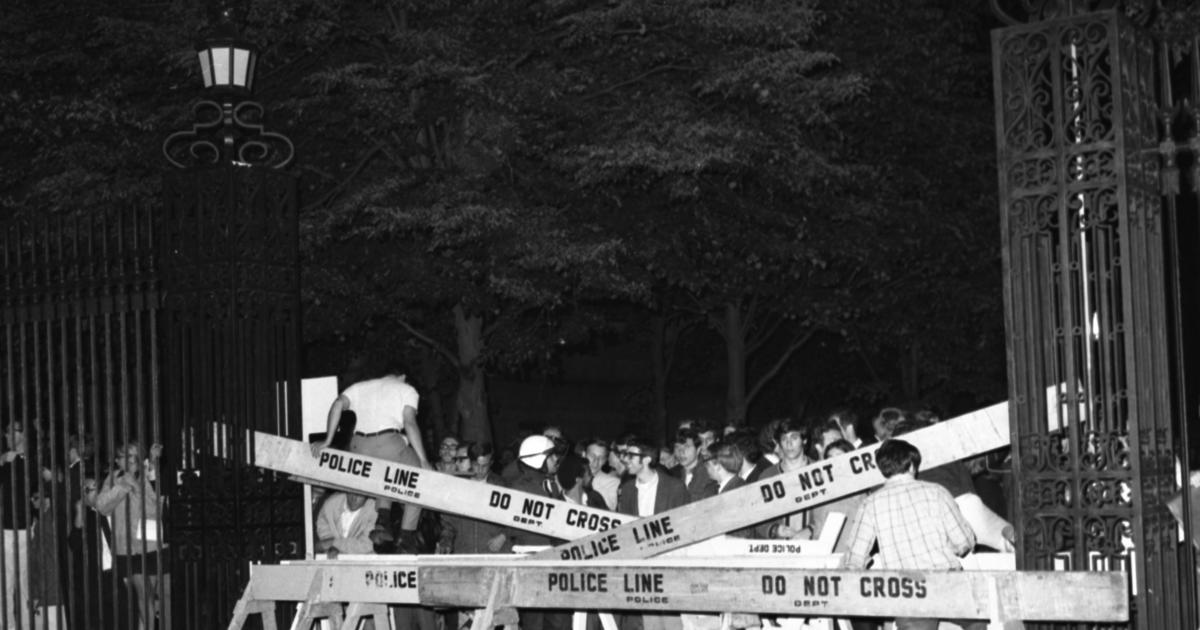Study: New York City's Pavement Ants Have Taste For Human Food
NEW YORK (CBSNewYork/AP) -- It's not just people who love the food in New York City. So do certain ants.
The most common species of ant found on the pavements of New York City and in cities around the world has a taste for human food -- more than other ant species found primarily in parks and other green spaces, a study says.
"The ants that live alongside us in our cities also seem to be those same species that can eat the same food that we do, and do so the most,'' said Clint Penick, a post-doctoral fellow at North Carolina State University and lead researcher of the study published Wednesday in the scientific journal Proceedings of the Royal Society B.
The researchers gathered up samples of more than 20 species of ants from the sidewalks, medians and parks of Manhattan, and tested them to see how much of a particular carbon isotope was in their bodies. That isotope is linked to corn and sugar cane found in much of what people eat, from meat to junk food. Researchers determined that ants eating more human food would have higher isotope levels.
"Ants living in the city and feeding on our food and kind of changing the chemistry of their body to make city ants look more like the humans," Penick told 1010 WINS.
The ant with the highest levels was the pavement ant, Tetramorium species e, which researchers said is the predominant ant on city sidewalks and medians. Among the samples, ants that were from park areas had lower isotope levels than ants that were taken from street medians.
"There's upwards of 40 species that live in New York City, pavement ants are the ones that are eating most of our food," Penick said.
Eating human food could be an advantage for the pavement ants, allowing them to thrive in areas where their natural diet of dead insects and things might not be so prevalent, Penick said.
"Humans bring a ton of general resources,'' he said. "The species that can take advantage of these resources the best, sort of wins.''
Penick said further research would look into whether the ants have a preference for human food even if their natural food sources are available.
(TM and © Copyright 2015 CBS Radio Inc. and its relevant subsidiaries. CBS RADIO and EYE Logo TM and Copyright 2015 CBS Broadcasting Inc. Used under license. All Rights Reserved. This material may not be published, broadcast, rewritten, or redistributed. The Associated Press contributed to this report.)



